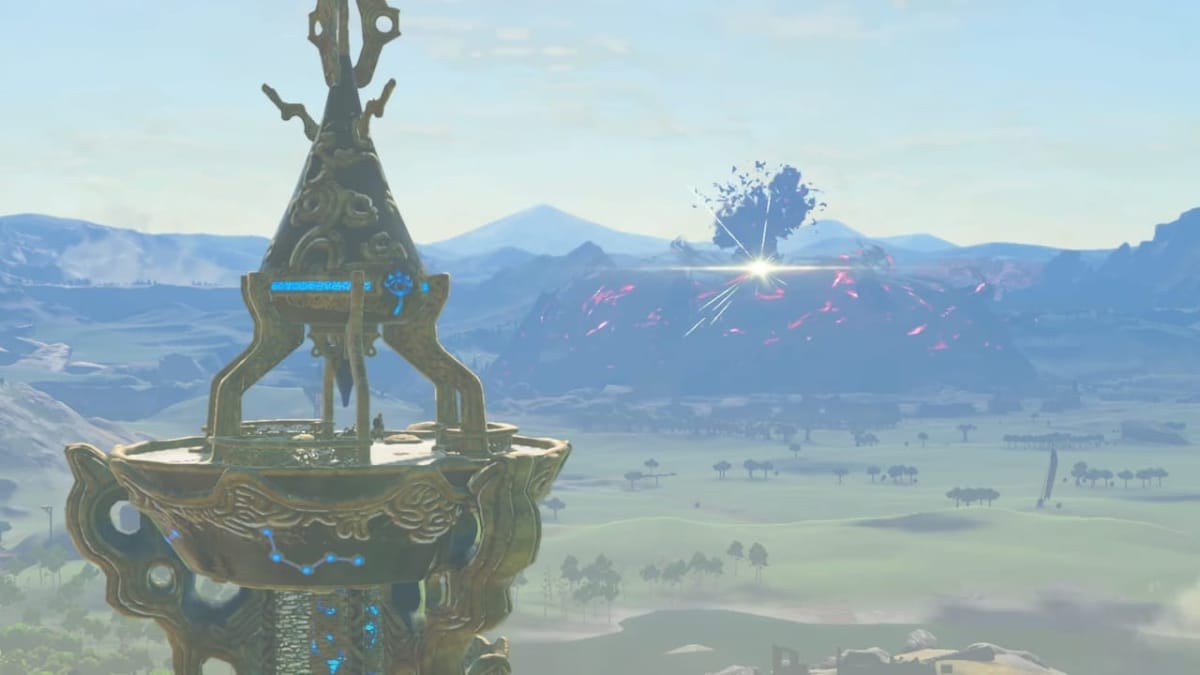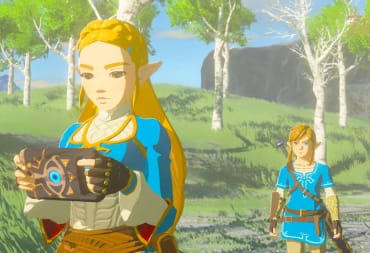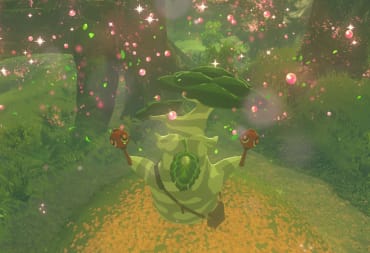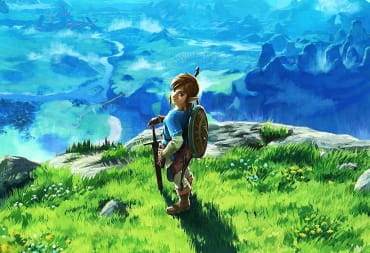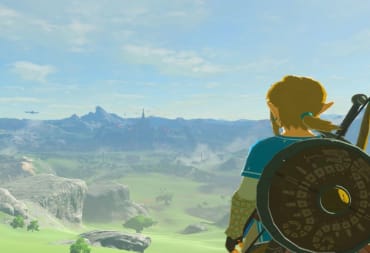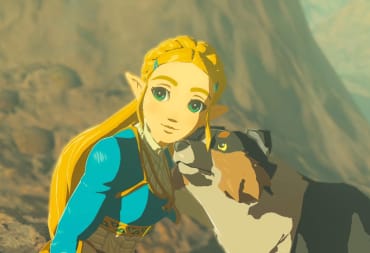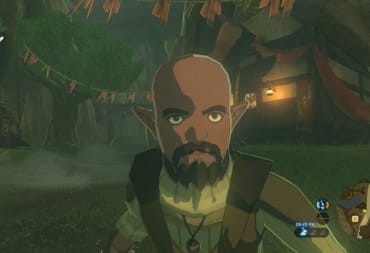Eiji Aonuma, producer of The Legend of Zelda: Breath of the Wild, recently had an interview with Gamekult, a french gaming website, and Perfectly Nintendo provided a summarized translation. The interview focuses greatly on the design philosophies and creative choices made in Breath of the Wild's development, which offers some insight into what Breath of the Wild will be as a game.
Seeing as Breath of the Wild is an open world game, some insight into what Aonuma was going for in the open world is probably the most enlightening. Thankfully, Aonuma had plenty to say about his goals for Breath of the Wild.
The essence of Breath of the Wild is having fun getting lost, to Aonuma. When asked about comments Aonuma made in an Iwata Asks interview about the original Zelda being too difficult to get lost in, Aonuma said that there are two ways to lose yourself. The first is getting lost by not knowing where to go, and the second is getting lost by exploring things you find interesting. He says that is why the mechanics in Breath of the Wild encourage players to explore more, giving players the ability to climb up high from early on in the game to glide to places they can see out in the world they think are interesting. The loop of climbing, searching, and gliding is the foundation of Breath of the Wild's exploration and gameplay. He wanted people to take pleasure in getting lost.
Another important aspect of the open world is the location of all the interesting things to explore and look at. In development, the team had to make sure to realize the map wasn't just 2D, but realizing it is 3D with mountains, cliffs, gaps, and more. So instead of developing a world and placing things in it, the places of interest like dungeons were placed gradually throughout the development process. They just had to be careful to make sure players would know where they are supposed to search, as it can get difficult in a 3D world to know what locations are interactive or likely to hold something.
The playtesting for Breath of the Wild is directly related to the exploration as well. Nintendo did hire a few companies offering playtesting services in Japan, which allowed them to have a varied group to get feedback from. Aonuma asked for a tool to be created to get some interesting feedback. He had a map of the world created that showed 100 players in real-time and their movements, marking where they were every hour. This let Aonuma to see the game from points of view he wouldn't have considered, which let the team make modifications to make places more attractive, new pathing, and other changes.
What players interact with was a big emphasis as well. Aonuma discussed the physics engine quite a bit and that the effort was to make what players interact with feel realistic. For example, if they broke things up in the game or rolled a boulder down a hill, they wanted it to react how players would assume it would happen in real life.
Aonuma mentioned that they do have some RPG elements in the game, though they have avoided most. They didn't really consider leveling or progression, as said in a previous interview, but instead on weapons. They want the focus on choosing the right tool for the job, rather than your standard progression with damage and other stats increasing as you level.
The final thing to mention is the voice acting. Voice acting was originally to play a small part in only the cutscenes. However, it changes to have voice acting with all characters as there are a large number of cutscenes in Breath of the Wild. There's no surprise Breath of the Wild will be story heavy, but the implication here is that it may be even more so than in the past.
Other than that, in regards to the game itself, Aonuma laughed at a question about online features, meaning they won't really be there. There's more in that interview if you're interested, mostly having to deal with Eiji Aonuma himself.
In other Breath of the Wild news, there's info on alternate endings as well as just how many of those things there are to explore in Breath of the Wild's world.
What do you think with how the information on Breath of the Wild is shaping up? What do you take away from the interview?
